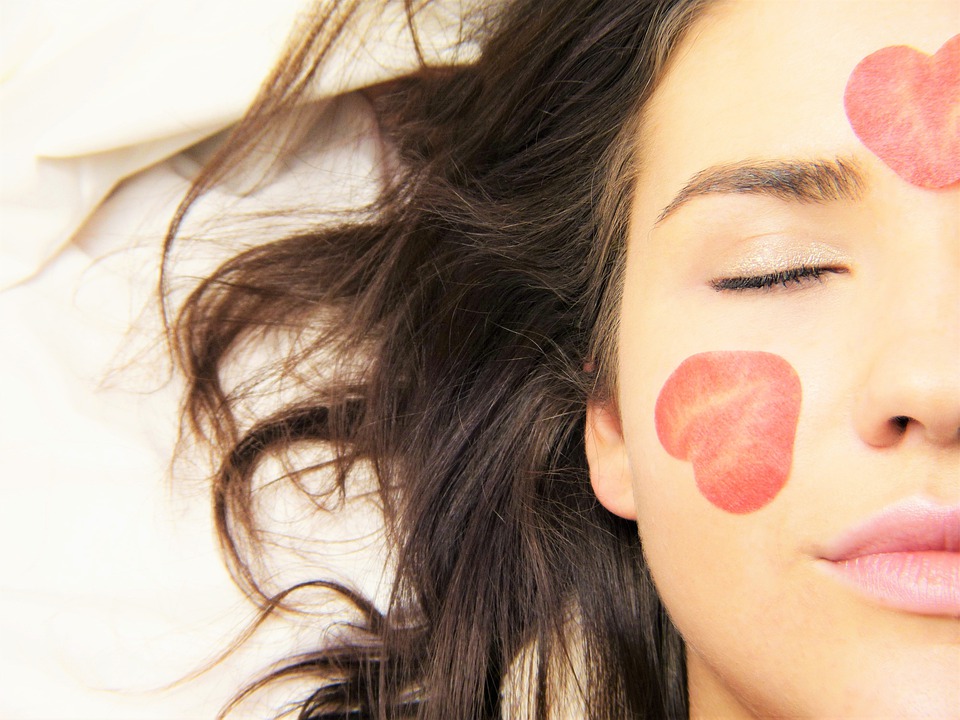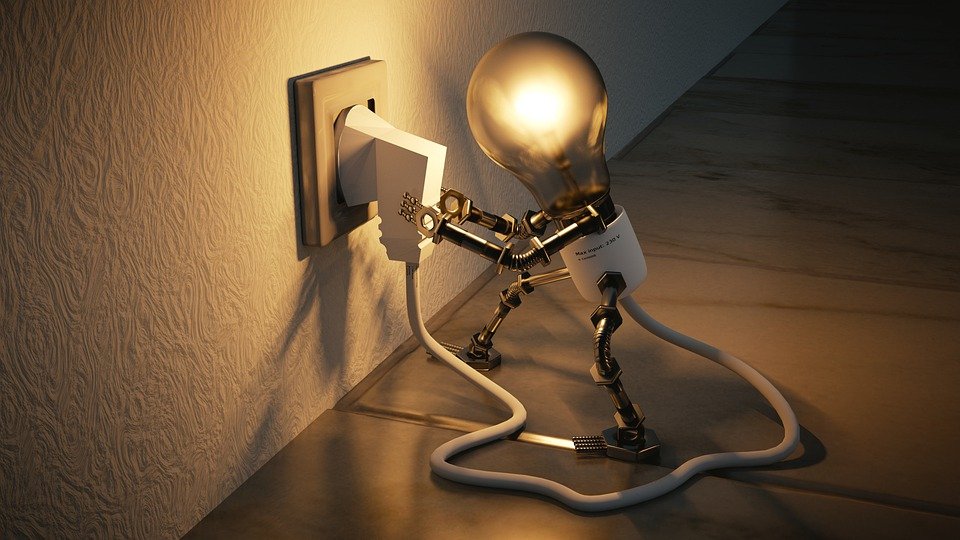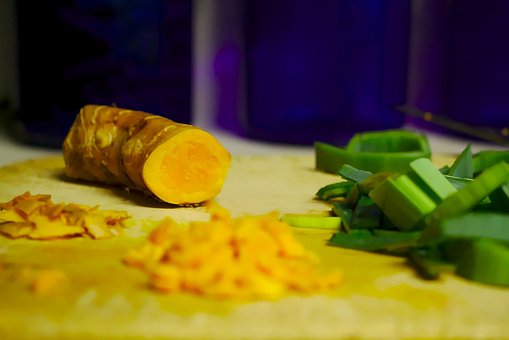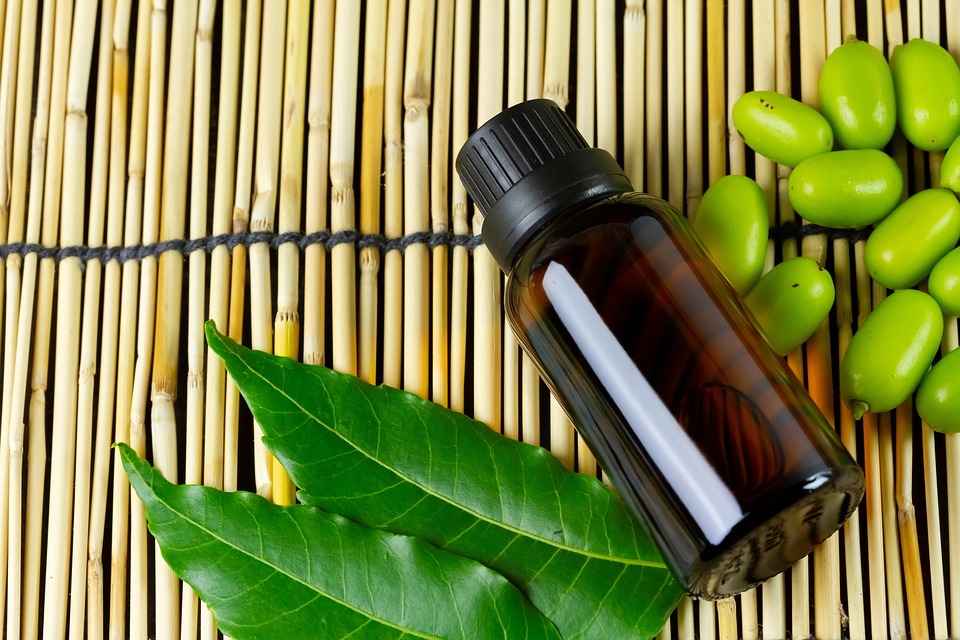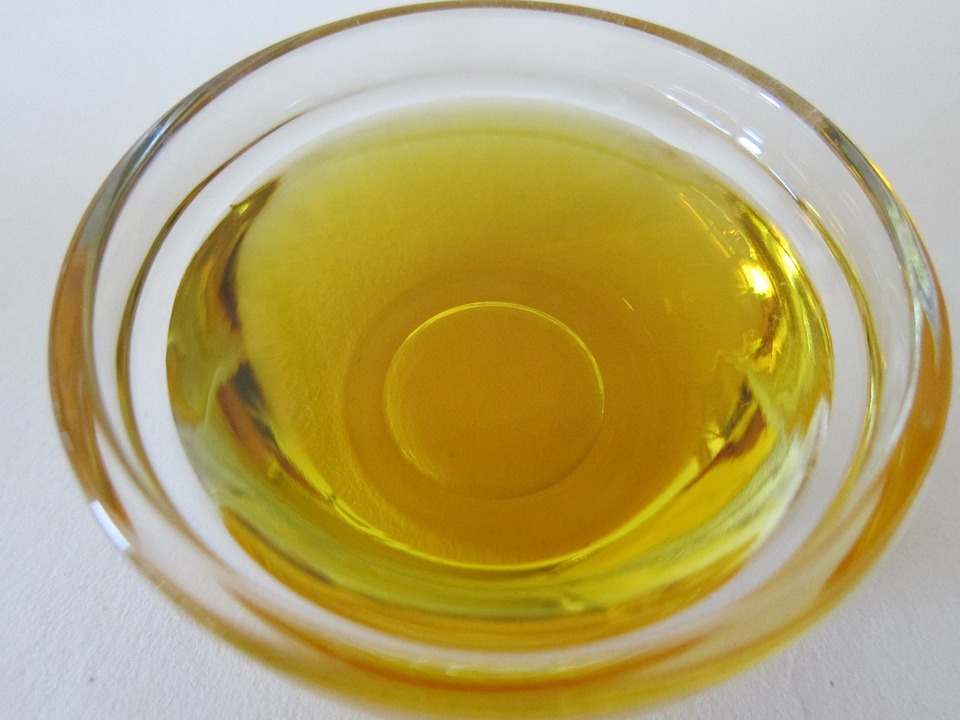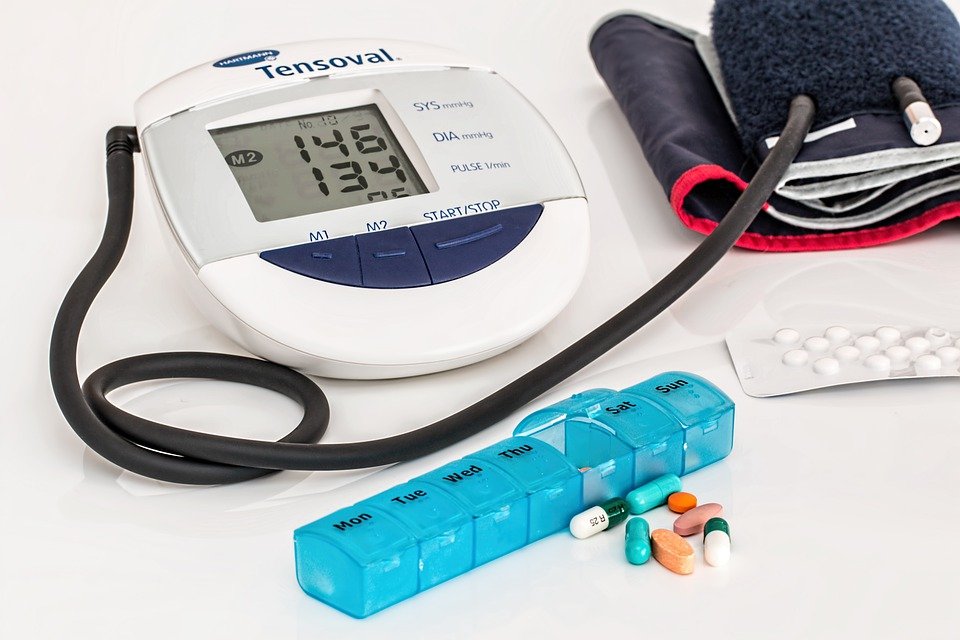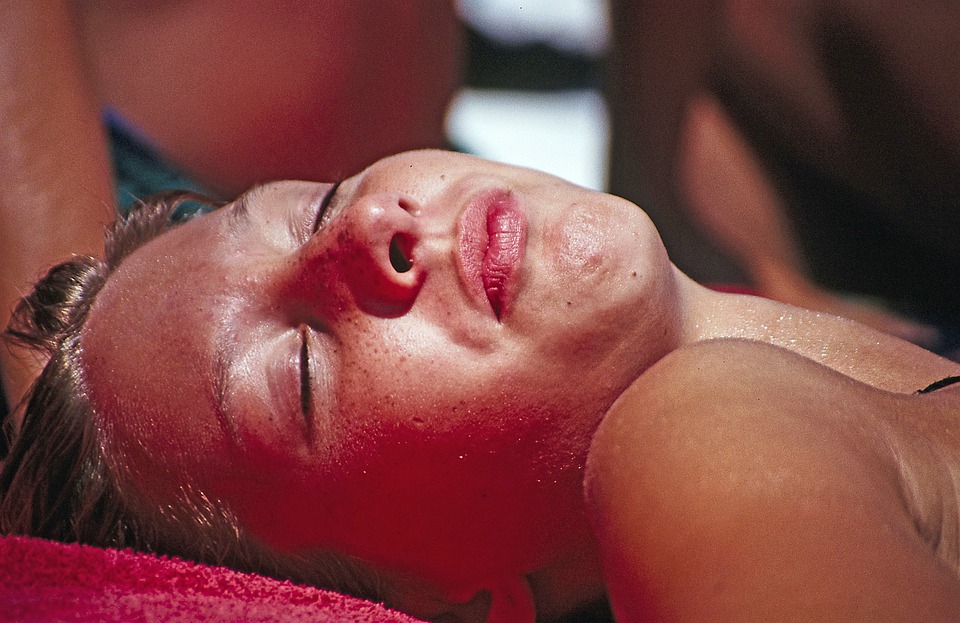
How Does Sunburn Happen?
The body produces melanin in response to sun exposure to protect the skin from further exposure. But this can only help so much. If you stay in the sun for too long, you will get sunburn. This happens when the DNA in the skin is damaged by Ultraviolet light. When our skin is injured, our body automatically sends blood to the area to help the healing process. This causes inflammation.
You are at risk for sunburn no matter how much sunscreen you have on or how dark your skin is if you stay out in the sun for hours and hours.
Natural Home Remedies for Sunburn
When I go somewhere like the beach, I prefer to get sun exposure carefully, use natural sunscreen when needed, or (better) cover up or leave the sun when I’ve had enough, but these are the remedies I use if my skin gets a little pink:
Hydration
A sunburn can dry out your skin, and spending time in the sun often leads to dehydration. It is just as important to diet to avoid sunburn as it is to help the recovery process through hydration. I consume lots of fluids like water, herbal teas, kombucha, and water kefir to prevent dehydration.
How To Treat Sunburns At Home
But what if you already have a sunburn? Sometimes we get sunburned even though we thought we were being careful. It’s especially confusing trying to figure out when we need to use sunscreen. If you have a painful sunburn, many home remedies can help. Most of the items you need are probably already in your home. So, what helps sunburn? We provide a variety of sunburn remedies to choose from. There are several solutions for sunburn relief that you can try using items that are probably already in your home.
Ways To Draw Out The Heat & Cool Down Your Skin
1. Cold Compress
What are some ways to soothe a sunburn? Cool it down. Our first home remedy for sunburn relief is a classic for a reason. Applying a cold compress to a burn can help reduce swelling and provide relief from pain. Something to steer clear of? Placing ice directly on the skin. In addition to making your sunburn feel worse, this can also cause a cold burn on top of it. If you don’t have a padded cold compress, you can make one yourself by wrapping a hand towel around a plastic baggie filled with ice.
2. Cool Bath
You should not take a hot shower after you get a burn, but a cool bath can help relieve sunburn. When you are ready to take a bath, fill the tub with cool water and get in slowly. To soothe your skin, add a few cups of baking soda to your bath water. Baking soda can help your sunburnt skin with numeric pH levels by balancing acid and alkaline levels. Baking soda can be drying, so it is best to keep your soak time limited to 15 minutes.
3. Milk Bath
Although it may seem strange, milk can provide relief for sunburned skin. The cooling effect of cucumbers can help reduce inflammation on your skin. To give yourself a milk bath, add one or two cups of milk to your bath water and soak for 10 to 20 minutes. Try using coconut milk as a vegan-friendly alternative that comes with similar benefits.
Healing With Nature
4. Aloe Vera
For thousands of years, people have used aloe vera to treat various conditions. The American Academy of Dermatology (AAD) recommends using aloe vera-based topical treatments to help reduce the symptoms of sunburn. You can extract the gel from an aloe vera leaf by cutting it open. This gel is often used in topical products. You should start growing plants that are easy to take care of, like aloe vera, so that you will always have them on hand in case you need them for emergencies, like when you get sunburned.
5. Essential Oils
There are a few essential oils that can help soothe a sunburn. There are a lot of options, but some of the most frequently used oils for sunburn relief are lavender, sandalwood, and eucalyptus.
- Lavender: Lavender essential oil offers antifungal, antibacterial, and carminative properties that can help soothe a painful sunburn.
- Sandalwood: Sandalwood essential oil can be used to reduce inflammation while cooling burns. This oil is also capable of removing germs that might otherwise cause infection.
- Eucalyptus: Eucalyptus essential oil can provide a numbing effect, with mentholated properties offering a soothing effect. This oil also offers antibacterial properties to prevent infection.
6. Witch Hazel
The witch hazel plant is used to create a liquid extract. This extract contains oils and tannins that have been said to reduce inflammation, draw skin tissue together for improved healing, and fight free radicals. If you have a burn, you can apply witch hazel to it to help with the pain and itching.
7. Coconut Oil
Before using coconut oil for a sunburn, make sure that the burn is no longer hot to the touch and that any blisters have healed. Coconut oil can be used as a sunburn remedy in both liquid and cold-pressed form. Apply coconut oil generously for the best results once it is safe to use.
Solutions Straight From The Pantry
8. Black Tea
researchers have found that black tea can help to reduce inflammation, which may provide relief for people with sunburned skin. Start by boiling the tea as you would normally, then let it cool before using it on your skin. You don’t want to put hot tea on your skin. After it has cooled, you can either use cotton balls soaked in the tea and apply them to your sunburn, or you can set tea bags directly on your skin. A second method that works well for smaller areas needing sunburn relief is to apply a cold compress to the area, such as your eyelids. Green tea can be used as an alternative to black tea.
9. Apple Cider Vinegar
Apple cider vinegar can help relieve sunburnt skin. Il contient de l’acide malique, un AHA qui stimule la circulation sanguine pour accélérer le processus de guérison. Apple cider vinegar can help keep your skin’s pH levels balanced, which may help reduce peeling and blisters. This household product helps to prevent infection by being antimicrobial, antiseptic, and antifungal. Don’t have apple cider vinegar? If you have sunburn, try using white vinegar. Some people say it can help relieve the symptoms
10. Oatmeal
Oatmeal can help relieve the pain of a sunburn. Choose regular oatmeal over instant oatmeal, and cook it according to the directions. Use more water than the recipe calls for to make a thinner mixture that will go on your skin more easily. After the oatmeal has cooled, apply the paste to the skin. Do not massage the oatmeal into your skin, as the grainy texture can cause exfoliation – which is not good for skin that is sun damaged and sensitive.
11. Yogurt
Apply a generous amount of chilled yogurt to the area of your burn. This milk product will help you relieve your burn; even though yogurt doesn’t have any actual healing properties, the sweet relief from the heat is more than appreciated.
12. Cornstarch
Mix equal parts cornstarch and water to form a paste, and apply it liberally to any sunburned areas. To make the paste, mix cornstarch and cool water until you get a thick consistency that can be applied to the skin. Make a batch of aloe vera gel that corresponds to the size of your sunburn.
Cornstarch powder can help to prevent the chafing of sunburned skin against clothes.
13. Cucumbers
Cucumbers are often used in spa treatments, lotions, and other products because of their ability to calm and relax the skin. So why not use them for sunburn relief? You can help relieve the pain and itch of a sunburn by applying cucumbers to the affected areas. For a more intense treatment, make a paste out of cucumbers and apply it to the sunburn. Blend the cucumber with baking soda until it becomes a paste.
How To Prevent Sunburns
Sunburns are unpleasant and easy to avoid by protecting yourself from UV rays. Wearing sunscreen is the best way to prevent sunburns, but it’s not as simple as slathering some on when you head out for the day. It is essential to apply and reapply sunscreen properly to get enough sun protection.
Here are a few things you can do to ensure your sunscreen is effectively helping you prevent sunburn:
- Use sun protection daily, even if it’s overcast or you’re not spending a lot of time outside.
- Buy a broad-spectrum sunscreen that protects against both UVA and UVB rays.
- Use a sunscreen that’s SPF 30 or higher as recommended by the American Cancer Society.
- Apply sunscreen before you go outside and reapply at least every two hours.
- Wear water-resistant sunscreen if you’re going to be swimming or sweating substantially.
- Avoid the outdoors when the sun is at its peak—between 10 am and 4 pm.
You can protect yourself from the sun by wearing sunscreen, and protective clothing, and seeking out shade. Shade can protect you from sunburn to some extent. It can help provide a little break for your skin.
What Not to Do After a Sunburn
Now that we know how to soothe a sunburn, let’s talk about some things to avoid doing.
- Don’t pop blisters or peel skin. Let your body do the healing it needs to do.
- Don’t put oil or oil-based lotions on your sunburn in the first 24 hours. It can trap heat and make the sunburn worse.
- Don’t go back into the sun (even with sunscreen on). Cover up with clothing and stay out of the sun until the skin heals.
- Don’t cover your sunburn with makeup until it’s healed.
- Avoid tight-fitting clothes.
The most important thing is to not do anything that would make the sunburn worse or slow down the healing process.
Safe Sun Practices
Prevention is just as important as treating sunburn when it comes to maintaining good health. Although exposure to UV rays is necessary for optimal health, many of us are unaware of what safe sun exposure looks like. Here are some guidelines:
- Get a short dose of the midday sun – At midday UVB rays (the ones that produce vitamin D) are at their highest concentration so the body can get more vitamin D in less time.
- Eat a healthy diet – Not surprisingly, diet plays a large role in how healthy the skin is, and therefore, how it responds to sun exposure. Healthy fats, antioxidants (from vegetables and fruit), and healthy proteins are important for healthy skin and avoiding sunburn.
- Work your way up – If you are very pale like I am, start with just 5-10 minutes of sun exposure at a time and work your way up from there. Because a deficiency of vitamin D in the body can make burning more likely, it’s important to start slow.
- Avoid the sun after you get enough – After getting enough sun exposure for optimal health, stay in the shade, use cover-up clothing or put on natural sunscreen when needed.
I always choose safe sun practices over sunscreen to avoid skin damage.
How Much Sun Is Too Much?
Some factors influence how much sun exposure one should ideally have in a day, such as the positioning of the sun (with higher UVB rays at midday and closer to the equator), the UV index on any given day, and an individual’s skin tone.
Those with very light skin should begin by spending only 5 minutes in the sun and gradually increase the amount of time they spend in the sun. People with slightly darker skin can handle up to 20 minutes of sun. The darker your skin is, the longer you can be in the sun without getting burned.
People with the darkest skin may be able to stay in the sun for an hour or more without getting sunburn. The above-mentioned factors are not the only ones that affect how well a person’s diet protects their skin.
To achieve the desired result, begin at the lower end and work upward. Don’t wait for a sunburn before finding shade!
I’m not a doctor, but I am a mom. Always consult with your doctor and do your research to make the best plan for you and your family. The way you approach things may be different depending on your genes and where you live.
Sunburn Relief: Bottom Line
The best way to prevent sunburn is to avoid being in the sun in the first place. This means that you should improve your diet to make your skin healthier and get some sun every day. The amount of time you should spend in the sun depends on your skin color, with fairer-skinned people only needing 10 minutes or less, and very dark-skinned people needing an hour or more. Wearing sunscreen and avoiding sun exposure are the best ways to prevent sunburn. If you cannot avoid being in the sun, it is best to use natural mineral sunscreen.
But sunburns do still happen. Some easy home remedies can help to heal sunburn and make the process more bearable. These remedies can be especially helpful for mothers. If you have severe sunburn, you should consult your doctor for the best course of treatment.

